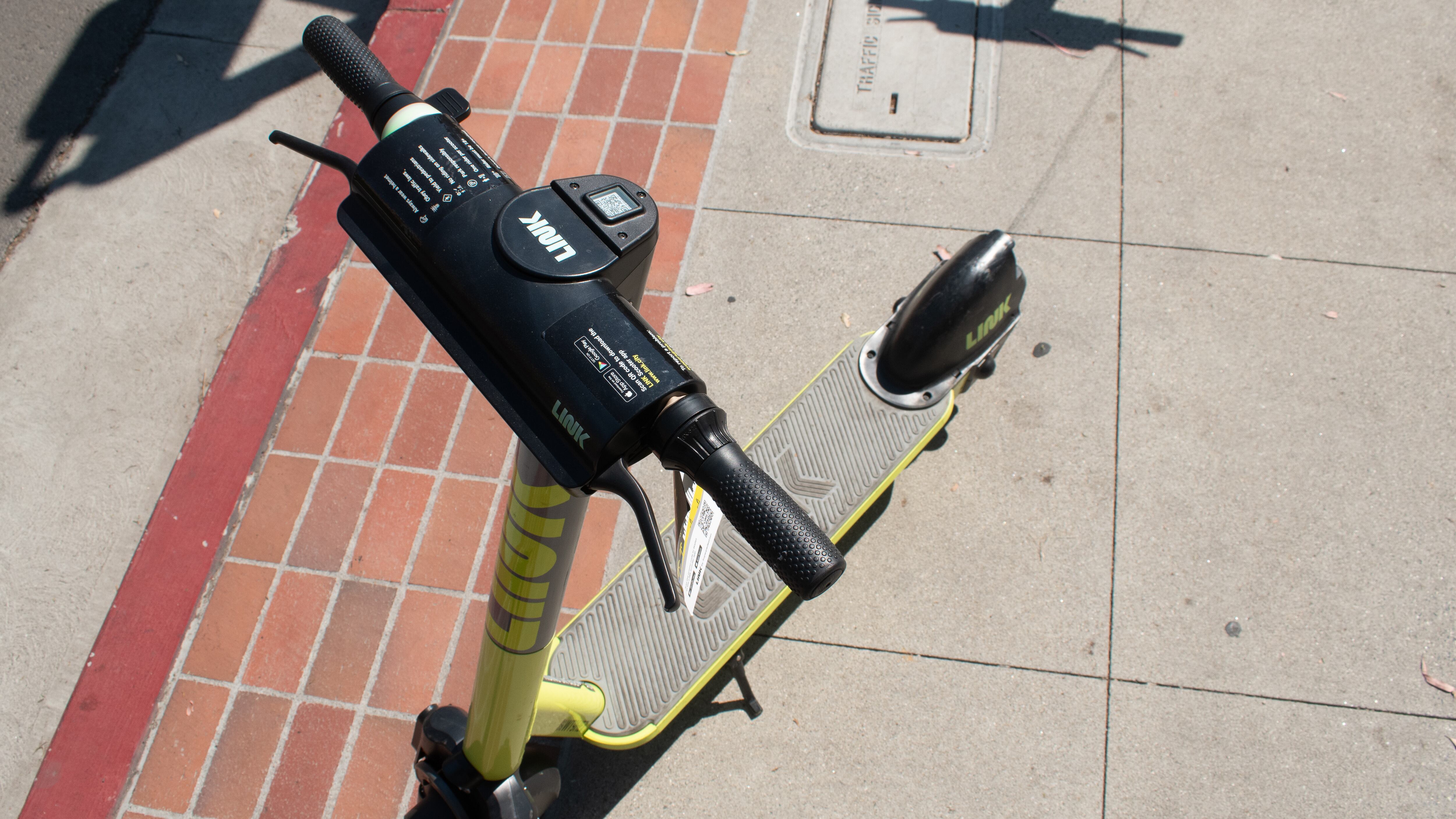The DPS Chief of Public Safety, Lauretta Hill, discussed the increase in scooter thefts around campus, and how students can avoid becoming victims.
“Scooter theft is the biggest crime because it impacts our students a lot,” said Hill. “We want to continue to educate people on scooter thieves, and if we can get those numbers down it’s not just helpful for us but also to the LAPD.”
In 2022, there was a 481% increase in the theft of scooters, which are classified as motor vehicles due to state law. The 2023 annual Security and Fire Safety Report disclosed 322 cases of scooters reported stolen compared to the 67 cases that were reported in 2021.
Law enforcement has cracked down on rings of scooter thieves in the Los Angeles area, said Hill.
“There’s a market for people selling the stolen scooters somewhere. And, sometimes LAPD breaks up those rings and finds all kinds of scooters,” said Hill.
DPS continues to advocate for students to register their scooters and purchase locks to keep their scooters secure while they are in class and at home.
“Just like we register bikes, you can register the scooters or put something that is identifying so that when it is taken, we have an ability to match that back to the person,” said Hill. “And securing them is the biggest thing. A lot of scooters that are taken are not secured.”
And she is not wrong, some students say this is the crime that affects them the most and one that typically costs them an average of $300 to $600 to replace.
“USC’s campus is open to the public and people come on campus often looking for unlocked scooters,” said Thaddeus Bernard, a junior business administration major. “They often steal the scooters, ride off on them and resell them.”
In a situation where a scooter isn’t registered, and it is stolen, Hill explains that DPS gets in touch with LAPD to track it down, but it’s not hopeful.
“The likelihood of us finding the scooter is zero,” said Hill. “Unless there is something identifying like an AirTag or it is registered we can’t match the report of a stolen scooter with the scooter that was found.”
Some students say that the smart thing to do is have a registered scooter so you can have a chance at getting your property back.
“Registering your scooter puts it in a DPS database and if it is ever found they are able to identify it is yours and return it,” said Bernard. “I just registered mine for extra protection. If it is stolen then DPS will care slightly more.”
Other students do not share the same sentiment about registering their scooters.
“I do not feel like registering my scooter helps that much and it is an inconvenience to take the time to go and register the scooter,” said Brandon Barnes, a sophomore human biology major. “I’ve found that when people register their scooter they still do not have trust in DPS to retrieve it if it is stolen.”
As a person who has had their locked scooter taken, Barnes agrees with DPS that there are other modes of keeping track of students’ property.”I feel AirTags are a better way to keep track of scooters, and keeping it in a safe location indoors is a better option than outside on a bike rack.”
But the best option? Keep it locked, said Hill. Because “when you lose it, it’s usually gone.”
